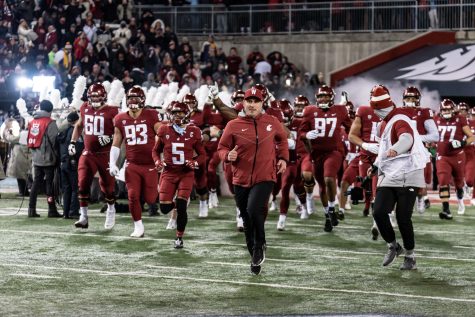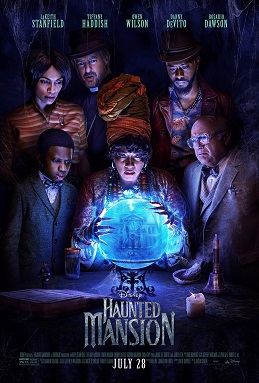Part of the problem
April 20, 2016
Very soon after I started reporting on sexual assaults in Pullman, I started to see a pattern. Rapes were being reported by victims but there was a trend of victims reporting the assault, often times even getting a forensic examination kit, commonly referred to as a rape kit, but then the investigation would stop.
On top of that, Pullman Police Cmdr. Chris Tennant estimated that the vast majority of rapes don’t even get reported to police.
I began to question this, wondering why somebody would go through the trouble of reporting a rape, just to seemingly let it go. I was hoping for a cut-and-dry answer, be it a flaw in how the police or prosecutors handled these cases or the criminal justice system in general.
I realized the answer didn’t necessarily lie in a broken system that just needed a couple tweaks. I think we, as the population of WSU and Pullman, are largely to blame for victims not wanting to continue all the way through with their cases. We have helped continue the trends of victim-blaming and perpetuating rape myths that have helped hold the silence of victims for far too long.
Most of us would like to think that if we were sexually assaulted, we would fight back and not rest until our rapist was brought to justice. Tennant said people will often hear a victim’s account of their rape and how they reacted, and if that account doesn’t match what they think they would do in the same situation, then the victim is wrong or lying in their eyes. However, Tennant pointed out the glaring fact that most people are not taught how to deal with a rape and most of us simply have no idea what we would do in such a traumatic event.
“Some people are fighters, some people hide, some people run,” Tennant said. “You may think you’re a fighter or a runner but until you’re in a life-threatening traumatic experience, you never know.”
We like to tell people when they are hurting that we understand what they are going through but in the case of sexual assaults, we can’t understand unless the same thing happened to us.
Kim Anderson, the executive director of compliance in the Office of Equal Opportunity (OEO), said one of the things many of us don’t truly understand is how traumatic it is for a victim to get up in front of a group of people and go through their rape in detail, in a sense reliving their assault. She said this is why the OEO has ways of dealing with rape cases reported through the university where victims don’t have to do many of the things that people find traumatic in a criminal justice setting such as testifying in front of a jury.
“We ensure they know what resources are available to them and the university is there to help them and if they want to pursue an investigation we will support that,” Anderson said.
This sounds like a smooth system but in order for it to work, victims must obtain support from a society that frankly doesn’t seem to be all that skilled in listening without rape myths dominating their thought process. We have all heard these myths: “The victim shouldn’t have put his/herself in that situation,” “They shouldn’t have gotten that drunk,” and “They shouldn’t have been flirting that heavily if they didn’t want to have sex.” Yet, we seldom hear the obvious “The perpetrator shouldn’t have raped that person.”
A professor of psychology with more than 25 years of clinical experience, Laurie Smith-Nelson said a very important factor in a victim wanting to pursue charges is how the first person they tell reacts to their account. She said if a victim’s account is met with concern, understanding and support, then it is much more likely they will want to at least report the assault to the police.
This, unfortunately, doesn’t always happen. According to a Pullman Police report of a sexual assault, a female victim was raped in a bathroom at a house party and when she was able to leave the bathroom, people at the party began calling her a slut.
Smith-Nelson said this type of rape-myth-perpetuating behavior is extremely influential and there is a reason that people engage in some of these behaviors.
“We don’t make people stop and think about, you know, what’s the difference between somebody who goes and has a hookup and makes that choice and then maybe the next day says ‘I don’t feel good about that …,’ … and somebody who goes and gets drunk and kind of wakes up in their room or somebody else’s room and somebody’s having sex with them. One is a regret and the other is a rape,” Smith-Nelson said.
We as the WSU and Pullman community need to make drastic changes in how we react to hearing about rapes and sexual assaults. In order to create an environment where victims feel safe, supported and truly heard, we need to stop asking why they put themselves in that situation, and start asking why there was a situation in the first place. Nobody asks to be raped. Let’s stop treating them like they did.


















